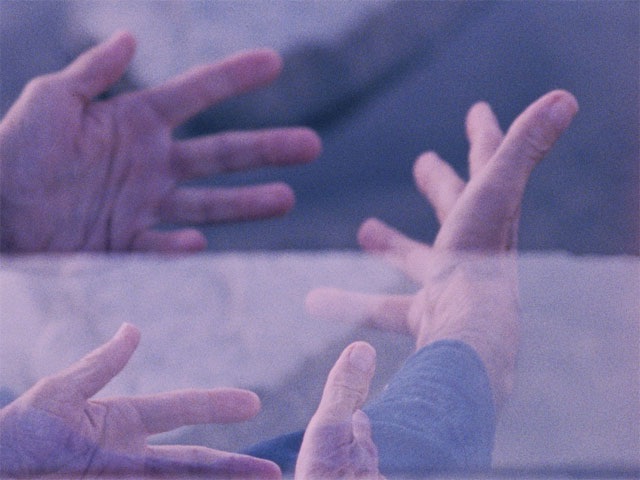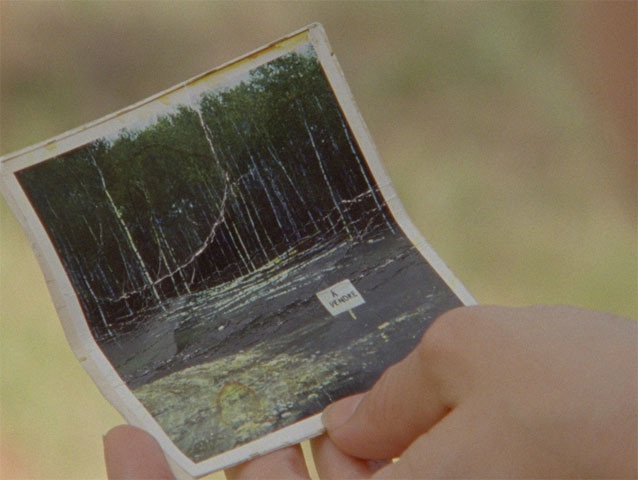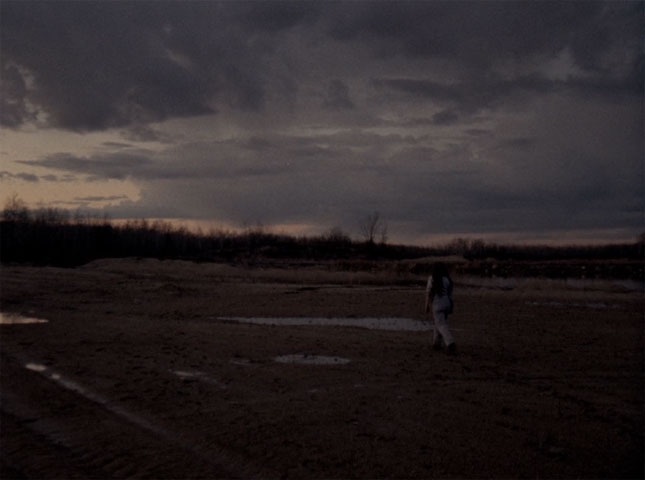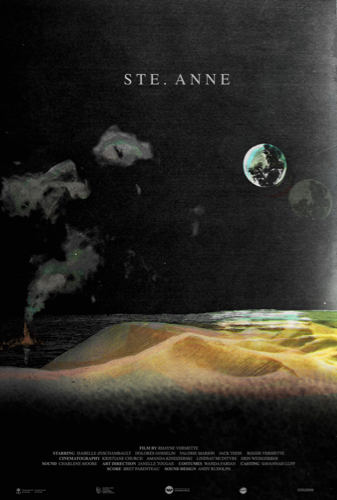Ste. Anne
-
Réalisé par Rhayne Vermette • Écrit par Rhayne Vermette
-
Canada • 2021 • 80 minutes • 16 mm • Couleur
- Réalisation :
Rhayne Vermette - Écriture :
Rhayne Vermette - Image :
Kristiane Church, Amanda Kindzierski, Rhayne Vermette, Lindsay McIntyre, Erin Weisgerber - Son :
Charlene Moore - Montage :
Rhayne Vermette - Musique originale :
Bret Parentau
- Production (structure) :
Exovedate Productions, Rhayne Vermette - Participation :
The Canada Council for the Arts, Manitoba Arts Council / Conseil des Arts du Manitoba, Winnipeg Arts Council / Conseil des Arts de Winnipeg - Ayant droit :
Exovedate Productions, Rhayne Vermette
- N° ISAN :
non renseigné
Résumé
Pas de résumé français disponible.
As a party wanders into the night, word arrives that Renée has emerged from obscurity. This cataclysmic moment ignites Modeste’s awkward reunion with his older sibling. Renée has been missing for years and her presence unsettles the family, which also includes her own daughter, Athene. As Renée begins to form her dreams from fragments of her past, ominous premonitions disrupt the land.
Shot over the course of two years, Ste. Anne traces an allegorical reclamation of land through personal, symbolic and historical sites all across Treaty 1 Territory, heartland of the Métis Nation.
"The fireside get-together is in full swing when news arrives: Renée has returned. She moves back to the rural family home which her brother Modeste now shares with his wife Elenore. The two of them have been bringing up Renée’s young daughter Athene as if she were their own. Athene tries to grasp the new situation, even as her mother’s feet are already starting to itch. Renée owns an empty lot in Sainte Anne, Manitoba, the one on the photo she shows to Athene, where a house is waiting to be built. But this is hardly the whole story, if you can even talk of a story for much of the time, it’s more a set of impressions, fragments, of the Treaty 1 territory, of daily life in the Métis Nation, to which Renée’s family belong, as do the director’s family who play them, she herself in the role of Renée. A dog in the snow, giggling nuns, hands on laden tables, shadows against corrugated plastic, the sound of the train and the image of the empty lot, again and again: in the flickering celluloid, colours fluctuate, motion slackens, hopes and dreams bleed into reality and past and present merge. Unlike what Athene says at the beginning, you needn’t be scared of the places your visions find."
(Berlinale)
Mot(s)-clé(s) thématique(s)
Sélections et distinctions
- 2021 • DocumentaMadrid • Madrid (Espagne) • Compétition internationale
- 2021 • Festival international du film de Berlin - Berlinale • Berlin (Allemagne) • Première mondiale - Section Forum
Comment avoir accès au film ?
- Sortie en salle
-
Édition DVD
- Il n'existe pas d'édition DVD à notre connaissance
-
Accès VOD
- Il n'existe pas d'accès en VOD à notre connaissance
- Distribution
- Aide sur les moyens d'accéder à un film





